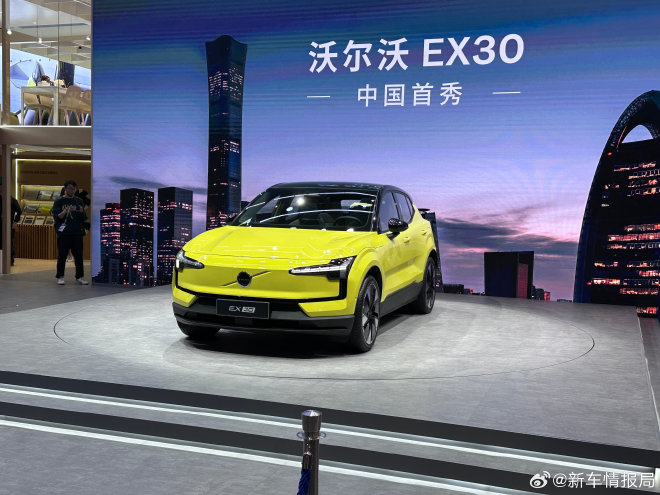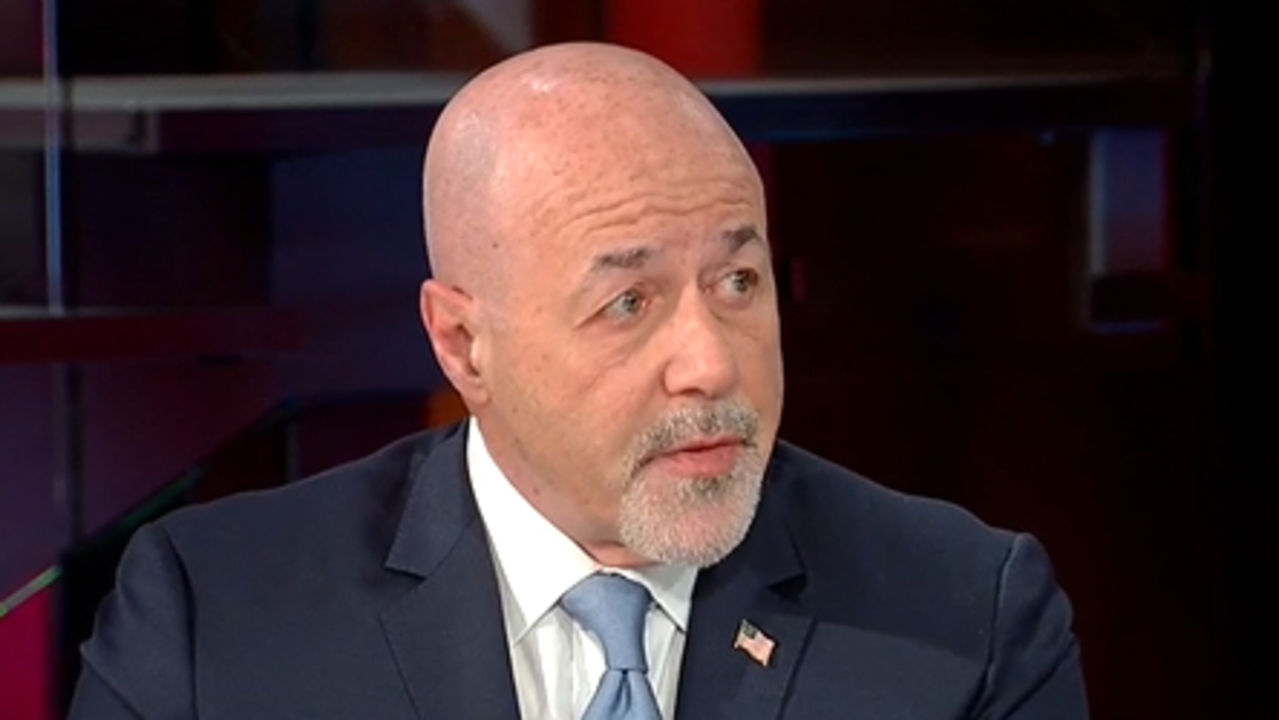Analyzing The Struggles Of BMW And Porsche In China's Competitive Market

Table of Contents
Intensified Domestic Competition
The Chinese automotive market is no longer solely the domain of established international players. The rise of powerful domestic brands and aggressive pricing strategies from competitors are significantly impacting BMW and Porsche's market share.
Rise of Chinese Luxury Brands
The emergence of homegrown luxury electric vehicle (EV) brands like Nio, Xpeng, and BYD presents a formidable challenge. These brands leverage a deep understanding of Chinese consumer preferences, offering technologically advanced vehicles at competitive prices.
- Strong Local Understanding: Chinese brands excel at tailoring features and marketing to resonate with local tastes and cultural nuances.
- Government Support: Government subsidies and incentives for domestic EV manufacturers provide a significant competitive advantage.
- Specific Examples: Nio's ET7, Xpeng's G9, and BYD's Tang EV are just a few examples of models directly competing with BMW's iX and Porsche's Taycan, often boasting comparable or superior technological features at lower price points. These vehicles often include features highly valued by Chinese consumers, such as advanced driver-assistance systems (ADAS) and large infotainment screens.
Aggressive Pricing Strategies from Established International Players
The competitive landscape is further intensified by established international players like Audi, Mercedes-Benz, and Tesla, who are aggressively pursuing market share with competitive pricing strategies.
- Price Wars: The resulting price wars are impacting BMW and Porsche's profit margins, forcing them to reconsider their pricing models.
- Impact on Brand Perception: This intense competition affects consumer perception, as price becomes a more significant factor than brand prestige alone.
- Shifting Loyalty: Consumers, particularly younger generations, are more willing to switch brands based on price and features, impacting the long-standing brand loyalty traditionally associated with BMW and Porsche.
Shifting Consumer Preferences
Beyond the competitive landscape, BMW and Porsche are also grappling with significant shifts in Chinese consumer preferences. The demand for electric vehicles and advanced technology is outpacing the speed of adaptation from these established German brands.
Growing Demand for Electric Vehicles (EVs)
China leads the global EV revolution. However, BMW and Porsche's slower rollout of fully electric models compared to competitors is hindering their ability to capture this expanding market segment.
- Lagging EV Portfolio: The relatively limited range of fully electric models available from BMW and Porsche compared to domestic and other international brands is a significant weakness.
- Consumer Reception: While initial consumer reception to models like the BMW iX and Porsche Taycan has been positive, the overall market penetration of their EV offerings remains comparatively low.
- Infrastructure Concerns: Concerns about charging infrastructure and range anxiety continue to be hurdles for wider EV adoption, although the Chinese government is heavily investing in addressing these issues.
Preference for Technology and Innovation
Chinese consumers are highly tech-savvy and prioritize advanced technology features. BMW and Porsche's offerings, while sophisticated, may not always meet the level of technological expectation in the Chinese market.
- Advanced Driver-Assistance Systems (ADAS): Features like advanced driver-assistance systems (ADAS) and sophisticated infotainment systems are highly valued by Chinese consumers and are key differentiators.
- Technological Comparison: Compared to competitors like Nio and Xpeng, who are known for their cutting-edge technology and frequent over-the-air software updates, BMW and Porsche might be perceived as lagging.
- Software Updates: The importance of regular software updates and over-the-air updates to enhance features and address bugs is critical for maintaining market relevance in China’s fast-paced technological landscape.
Supply Chain and Geopolitical Challenges
External factors, including global supply chain disruptions and geopolitical tensions, further complicate the situation for BMW and Porsche in China.
Impact of Global Supply Chain Disruptions
The global chip shortage and other supply chain disruptions disproportionately affected luxury car manufacturers like BMW and Porsche.
- Production Delays: These disruptions led to significant production delays and longer delivery times, impacting sales and consumer satisfaction.
- Brand Image: Delayed deliveries can negatively impact brand image and customer loyalty, particularly in a market as competitive as China.
- Mitigation Strategies: BMW and Porsche are implementing strategies to mitigate these risks, including diversifying their supply chains and investing in alternative sourcing options.
Geopolitical Tensions and Trade Relations
Ongoing geopolitical tensions between China and the West could further impact market sentiment and trade relations, creating uncertainty for foreign automakers.
- Trade Wars: The potential for trade wars or sanctions could disrupt import/export activities and increase operational costs.
- Consumer Confidence: Geopolitical instability can impact consumer confidence and purchasing decisions.
- Risk Mitigation: Effective risk mitigation strategies are critical, including building strong relationships with Chinese partners and navigating the complex political landscape with care.
Conclusion
This analysis reveals that the struggles of BMW and Porsche in the Chinese market stem from a confluence of factors, including intensified domestic competition, shifting consumer preferences toward EVs and advanced technology, and ongoing supply chain and geopolitical challenges. To regain market share, these brands must adapt their strategies by accelerating their EV transition, focusing on technological innovation tailored to Chinese consumer preferences, and strengthening their supply chain resilience. Continued monitoring and analysis of the BMW China and Porsche China performance are crucial to understanding the evolving dynamics of the China automotive market. Further research into the luxury car market China and the strategies of successful competitors will be essential for these brands to navigate this highly competitive environment. Understanding the nuances of the German cars China segment is equally important for future success. Investing in localized R&D and marketing strategies tailored specifically to the Chinese market is vital for BMW and Porsche to successfully compete and thrive in this dynamic and challenging landscape.

Featured Posts
-
 The Life And Death Of Bernard Kerik A Complex Legacy
May 31, 2025
The Life And Death Of Bernard Kerik A Complex Legacy
May 31, 2025 -
 New Covid 19 Variant Spurs Case Increase Globally Who Warns
May 31, 2025
New Covid 19 Variant Spurs Case Increase Globally Who Warns
May 31, 2025 -
 Nyt Mini Crossword Puzzle Solutions March 30 2025
May 31, 2025
Nyt Mini Crossword Puzzle Solutions March 30 2025
May 31, 2025 -
 Watch Giro D Italia 2025 Live Online Free And Legal Streaming Options
May 31, 2025
Watch Giro D Italia 2025 Live Online Free And Legal Streaming Options
May 31, 2025 -
 Help Stop Cancer 2025 Love Moto Online Auction
May 31, 2025
Help Stop Cancer 2025 Love Moto Online Auction
May 31, 2025
